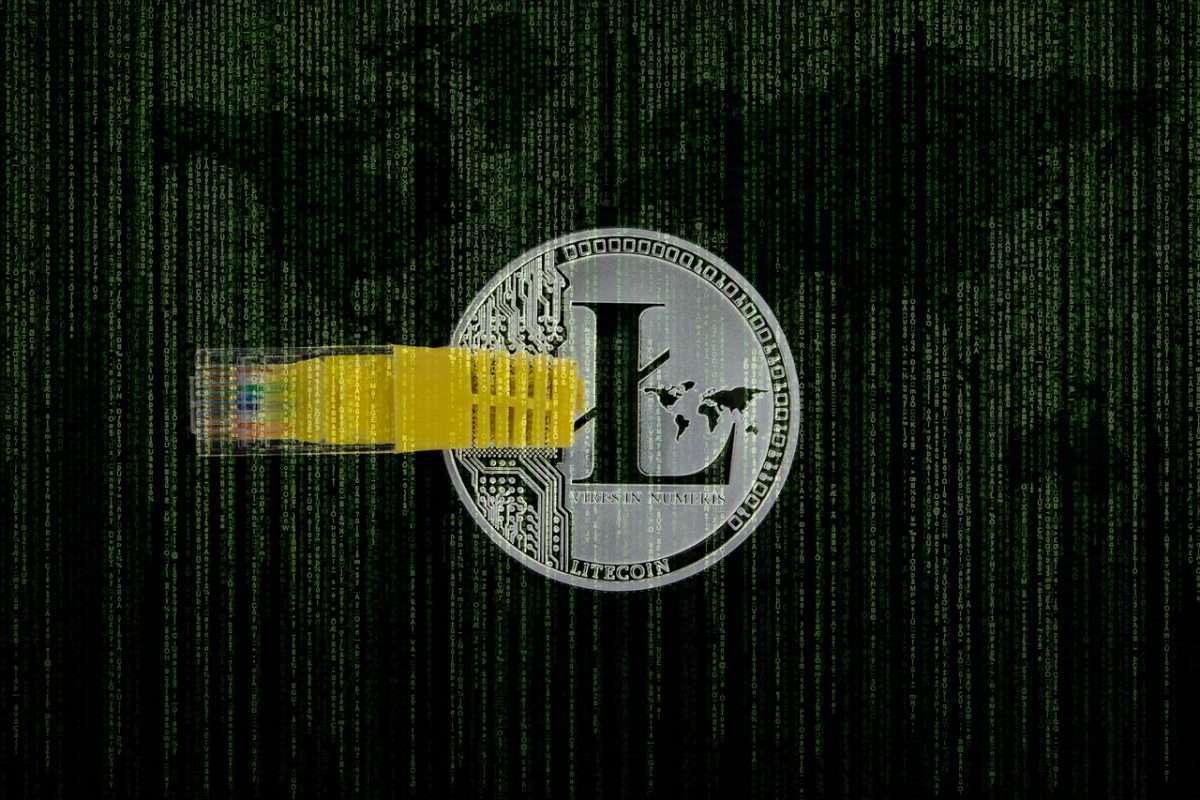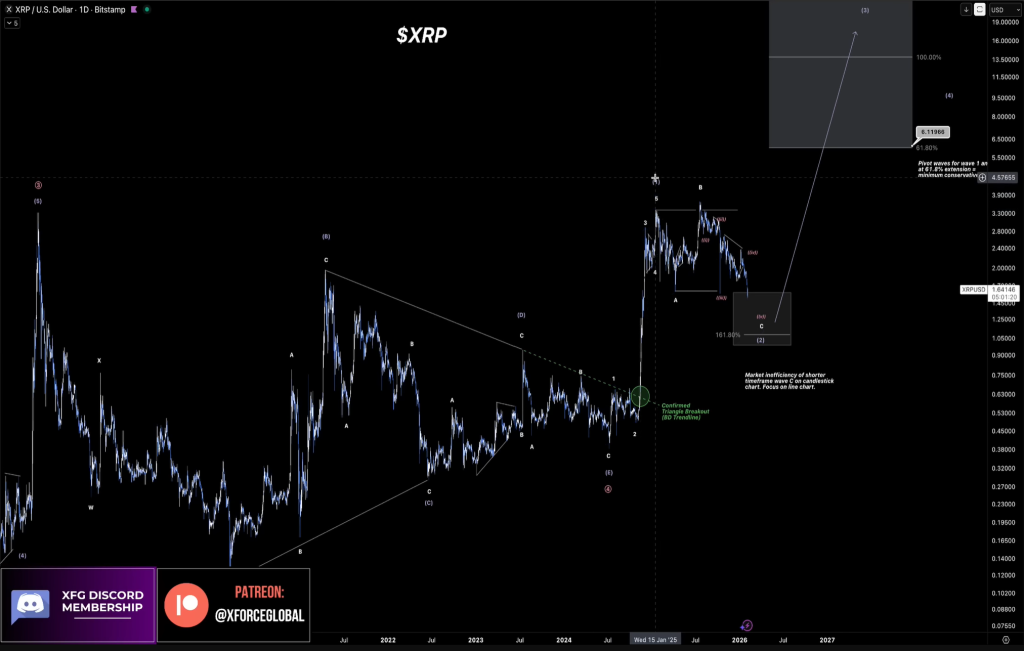
How Would You Create A Safer Business Ecosystem Using A Decentralized Ledger Platform?
While we talk of the semantics of the word decentralized ledger technology; we are delving deep into a business architecture that would make our world a better way to trade! We are not saying that the existing legacy business architecture is inefficient or not worthy of conducting fruitful business practices. What we seek is a solution that will elucidate the existing problems associated with the global business community.
Before we delve deep into the world of decentralized ledgers, we must understand the pain areas associated with the modern business ecosystem:
- Lack of democracy – The lack of democracy or the sharing of rights and responsibilities is very limited to centralized business networks. Take for example a set of servers catering to a fixed number of users across the world. If one of them fails, then the users connected with that server would be knocked off from the system. In case it is an essential service provider like ISP, the customers take a hit. A decentralized network where each user is connected through a distributed network where there is no chance of single-point failures.
- Slow transactional speed – The conventional banks and other financial organizations have a cumbersome clearance process that involves complex paperwork. Even the slightest noncompliance can lead to rejection of a particular profile from the entire network. Well, to be very frank, many businesses cannot afford to wait for a prolonged period of time to get their transactions processed. They always seek a valid platform that would expedite the entire process significantly. A decentralized ledger can act as a problem solver and expedite the entire process bypassing the conventional financial enablers like banks and other third party bodies.
More about Decentralization
The secret or key to decentralization unfolds as we proceed towards the different types of centralization:
- Architectural Decentralization: This is the basic aspect of decentralization since it determines how distributed the network is. It also reflects the number of independent hardware entities that are present in the network which will not jeopardize the network once in case of their failure.
- Political Decentralization: This reflects how many decision-makers are involved when it comes to taking certain decisions. The lesser the number of decision-makers, the easier it is to take important decisions.
- Logical Decentralization: This aspect reflects the logical flexibility of the architecture and its ability to retain efficiency levels when they are split into two is referred to as logical decentralization.
What are the fundamental advantages of a decentralized system?
- Fault Tolerance: They have high fault tolerance. There is no possibility of single-point failures when one or the other entity locks out.
- Attack Resistance: They are resistant to attacks from external entities.
- Collusion Resistance: Unlike in traditional systems where there are several instances where the member participants have pursued their personal interest and have engaged in personal level competitions.
The combination of the above-mentioned factors make decentralized ledger networks appropriate for modern complex and large business networks which cannot afford single-point failures.




